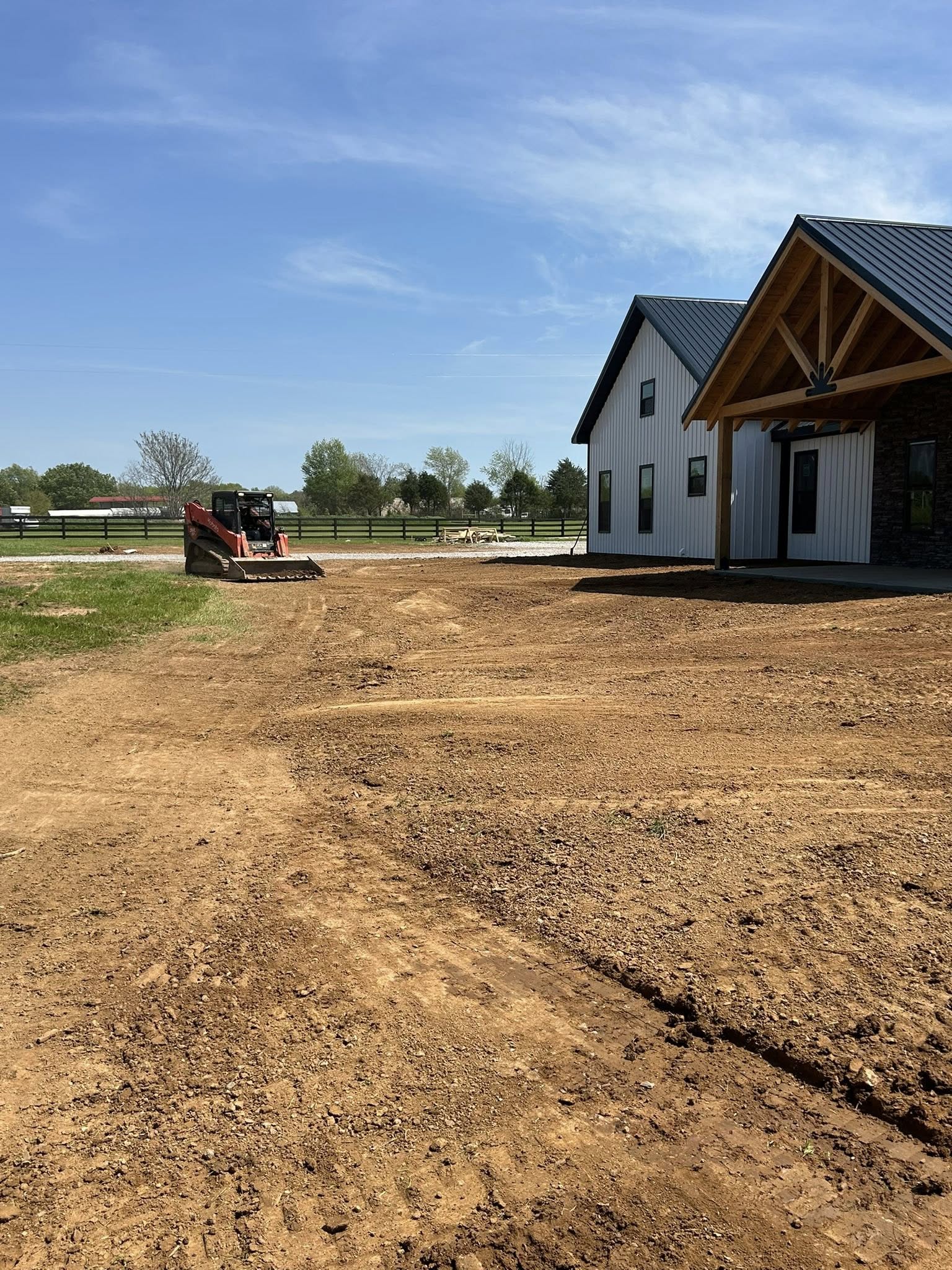
Sustainable Excavation Practices for a Greener Future Oct 11, 2025
A significant shift toward sustainable excavation practices can be observed as more companies recognize their responsibility toward the environment. Sustainable excavation involves a series of strategies that minimize environmental disruption, reduce waste, and conserve natural resources. This approach not only helps protect ecosystems but also aligns with regulatory demands and consumer expectations, creating a win-win scenario.
One of the cornerstones of sustainable excavation is the reduction of fuel consumption. The use of heavy machinery is inevitable in excavation projects, but the negative impacts on the environment can be mitigated by opting for energy-efficient machines. Modern equipment often comes equipped with advanced technology that optimizes fuel usage, significantly lowering emissions. For instance, hybrid or electric excavators are gaining popularity for their ability to reduce carbon footprints without sacrificing performance.
Moreover, sustainable excavation practices emphasize resource conservation. This can be achieved through efficient project planning and the implementation of smart earthmoving strategies. By analyzing the site thoroughly before digging, it is possible to optimize the use of materials and limit wastage. Digital mapping tools and GPS technology play a critical role in this process, providing precise data that enable contractors to move earth more efficiently and accurately, thus avoiding unnecessary environmental disturbance.
Another critical component is recycling and reusing materials on-site. During excavation, large amounts of soil, rock, and other materials are often moved and discarded. However, these materials can be repurposed, reducing the need for new resources and minimizing landfill contributions. For example, excavated soil can be reused in landscaping or backfilling, while rocks can be crushed and used for aggregate, paving the way to sustainable material management.
Water management is also an integral aspect of sustainable excavation. Conventional excavation practices can lead to water pollution and excessive consumption. Implementing strategies like using sedimentation ponds to capture runoff or employing dust control measures can greatly reduce the impact on local water ecosystems. Additionally, techniques like dewatering systems and rainwater harvesting can help manage water more efficiently during the excavation process.
Lastly, developing a robust environmental management plan is vital for any company committed to sustainable excavation. This plan outlines the strategies and practices that will be used to minimize environmental impacts throughout a project. Regular environmental audits and ongoing compliance checks ensure that sustainable practices remain integral to the operation, while training employees on the latest eco-friendly techniques fosters a culture of sustainability within the workforce.
In conclusion, sustainable excavation practices are essential for companies like F&M Independent Contractors who are committed to building a greener future. By focusing on reducing emissions, conserving resources, and responsibly managing waste, excavation projects can significantly lessen their environmental footprint. These efforts not only benefit the ecosystem but also enhance the reputation of companies who lead the charge in sustainability. As demand for sustainable practices grows, those who adapt early will be well-positioned for success in the construction industry of tomorrow.
/filters:no_upscale()/media/5b45be44-d066-4c1f-be2e-a63262e76123.jpeg)
/filters:no_upscale()/filters:format(webp)/media/27e767ac-88b9-40c9-b1cf-e004e87e645e.jpeg)